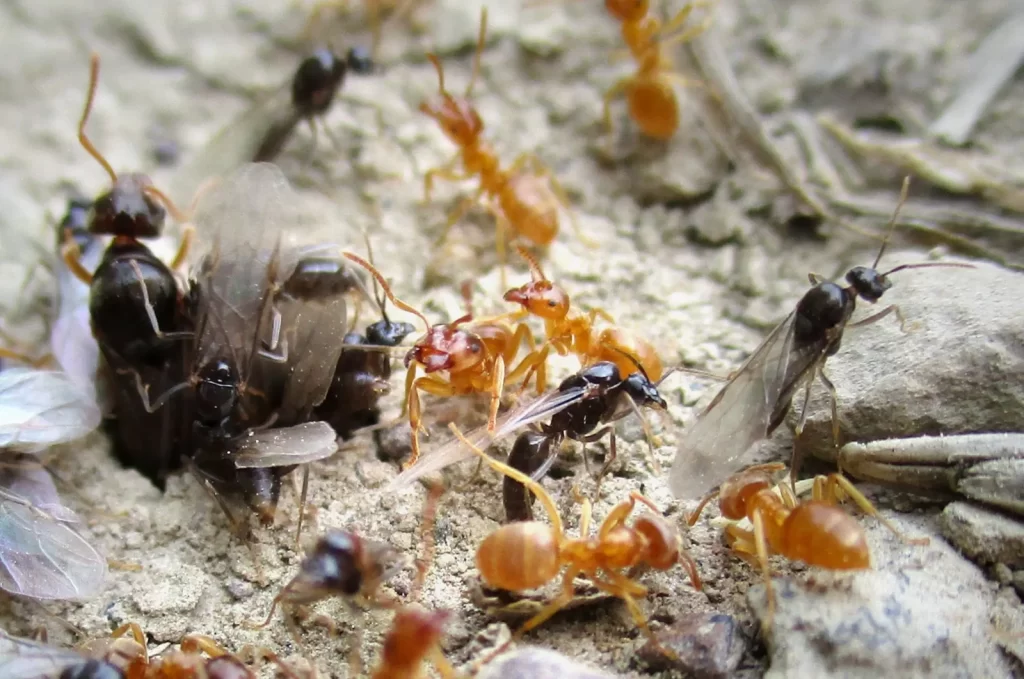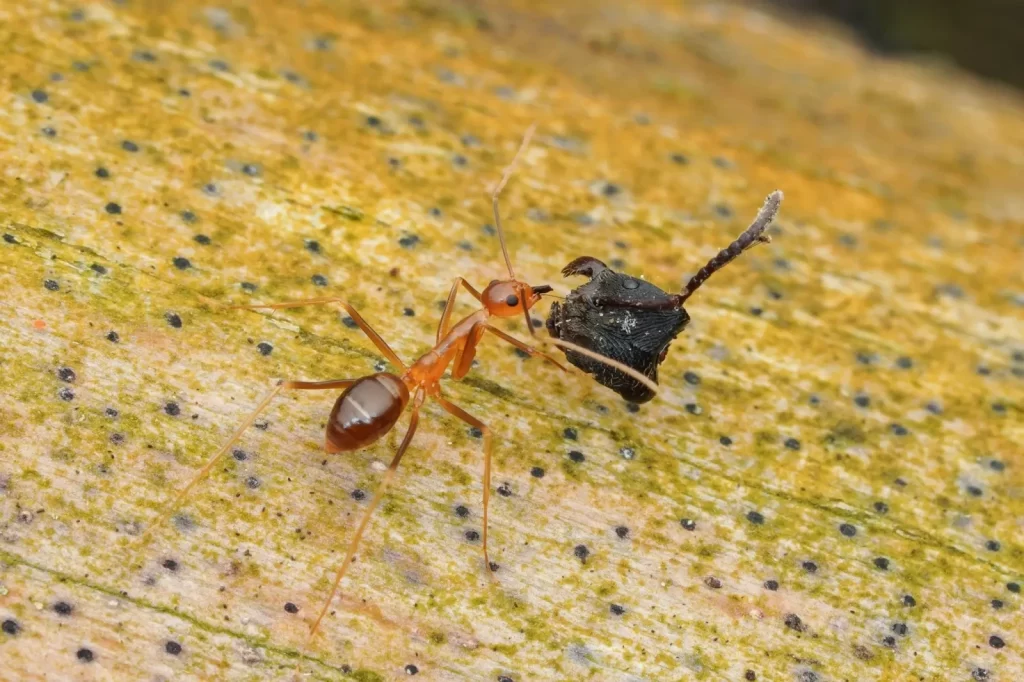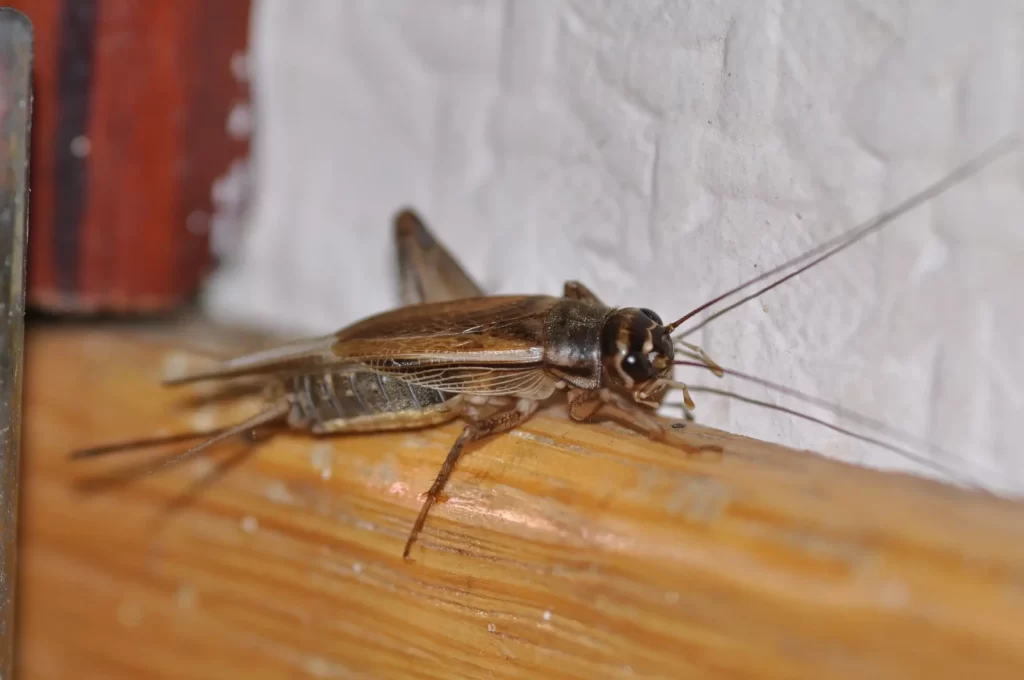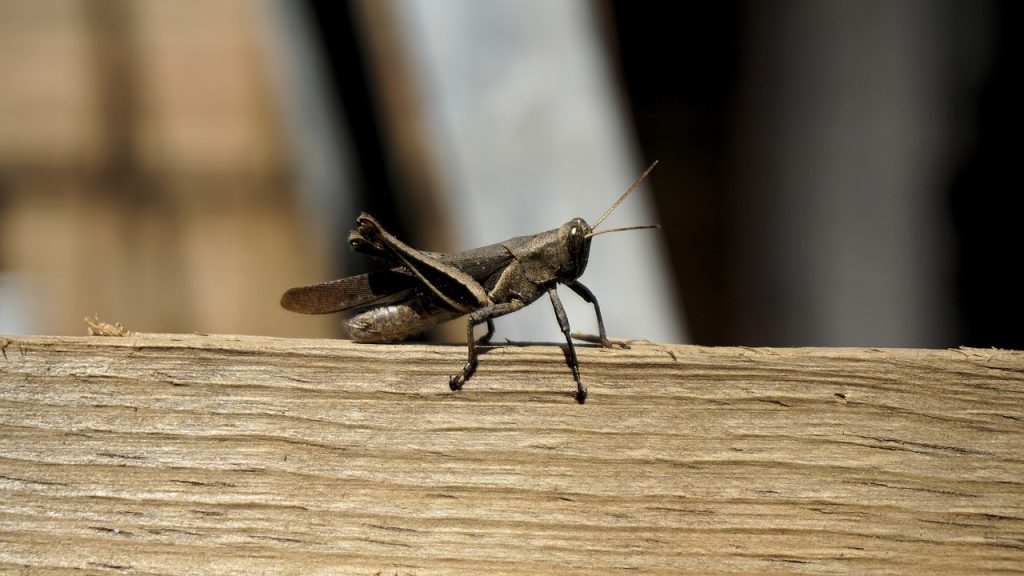Mosquitoes are notorious for their ability to spread diseases and cause irritation through their bites. One of the key reasons mosquitoes are so pervasive is their rapid breeding cycle, which occurs primarily in stagnant water. Understanding where mosquitoes breed and how to prevent their proliferation is essential for controlling their population around your home and community.
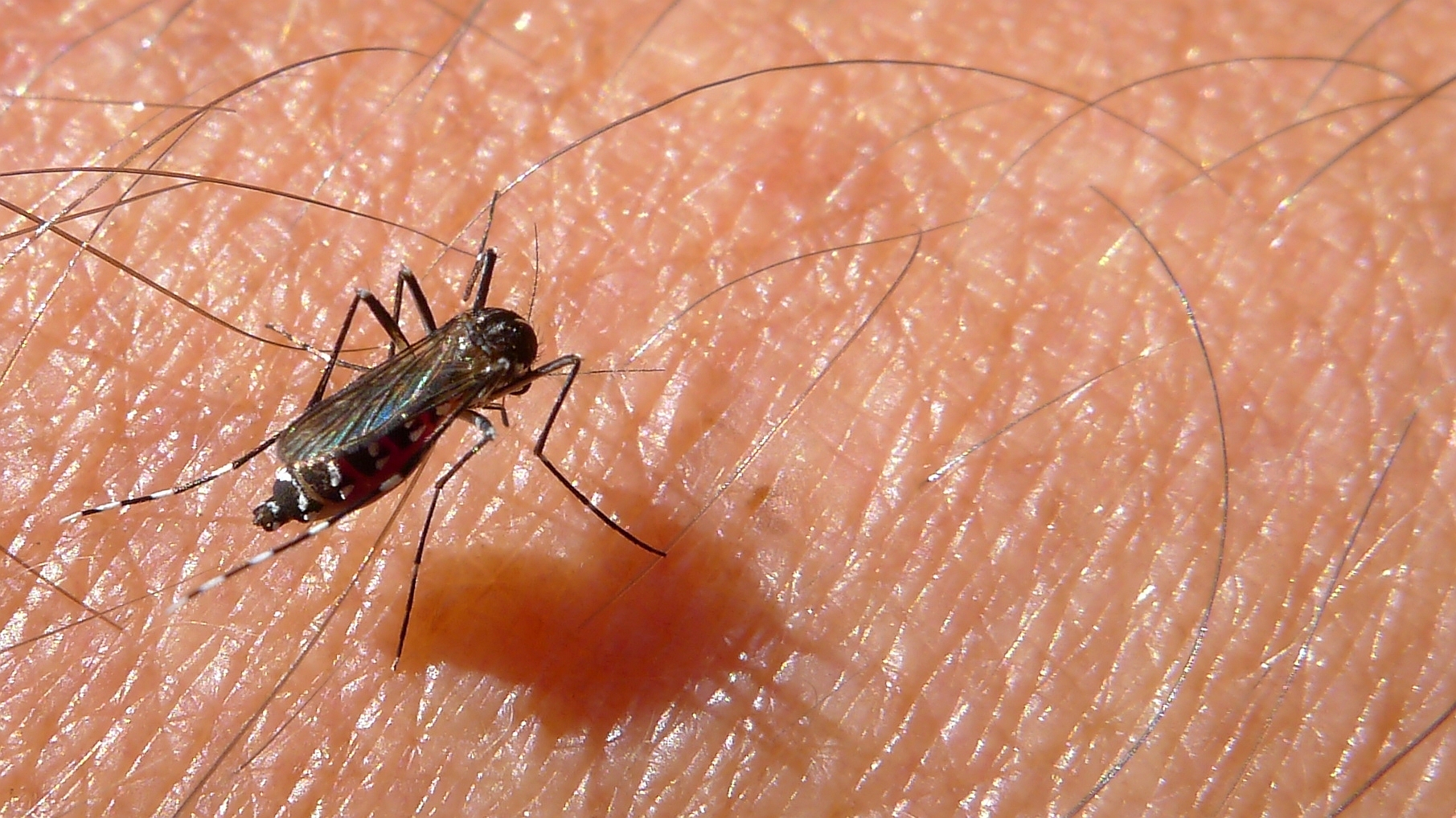
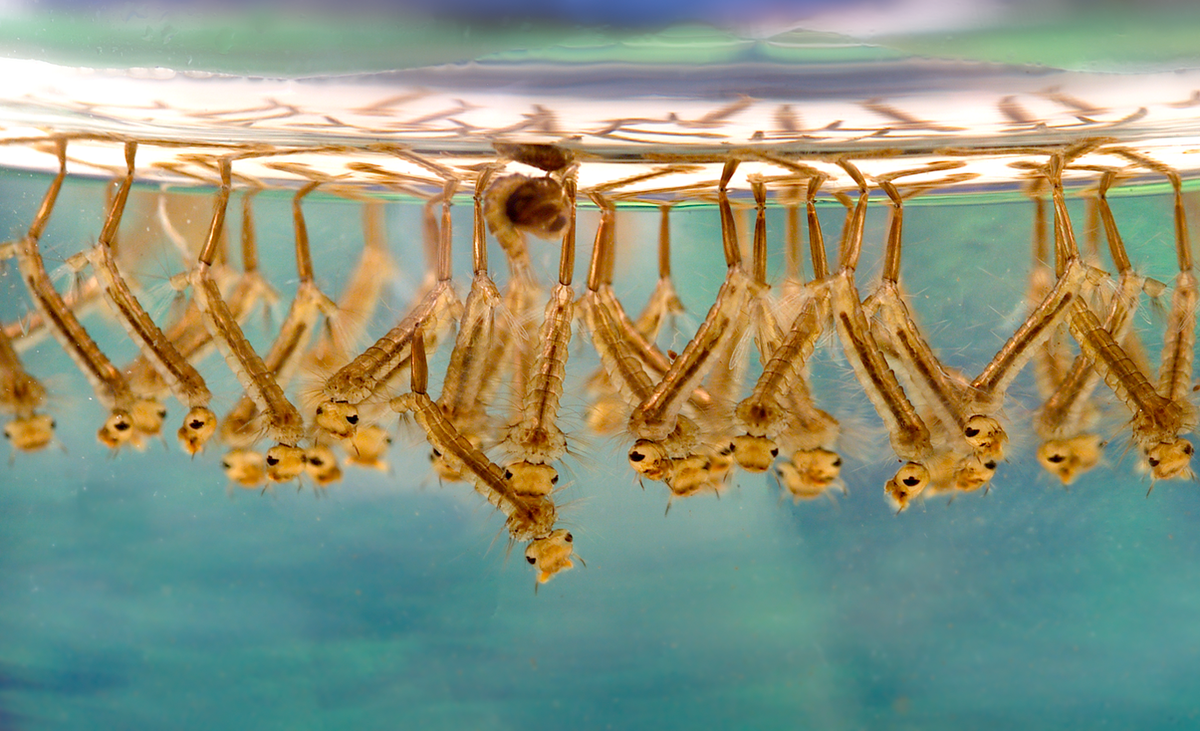 Additionally, keeping gutters clear and ensuring proper drainage in your yard are essential steps. Mosquitoes are more likely to breed in areas with stagnant water, so anything that improves water flow or drainage can help deter them. If you’re unable to avoid standing water in some places, introducing natural mosquito predators like fish or frogs to ponds can also help manage mosquito populations.
Additionally, keeping gutters clear and ensuring proper drainage in your yard are essential steps. Mosquitoes are more likely to breed in areas with stagnant water, so anything that improves water flow or drainage can help deter them. If you’re unable to avoid standing water in some places, introducing natural mosquito predators like fish or frogs to ponds can also help manage mosquito populations.

How Do Mosquitoes Breed?
Mosquitoes lay their eggs in water, and the entire breeding cycle, from egg to adult, is dependent on the presence of water. Female mosquitoes require blood to produce eggs, which they lay either directly on the water’s surface or in moist areas where water will eventually collect. The eggs hatch into larvae, which live in the water, feeding on organic matter until they mature into pupae. After the pupal stage, they emerge as adult mosquitoes ready to continue the cycle. One common question is how much water do mosquitoes need to breed? Surprisingly, mosquitoes can breed in very small amounts of water, as little as half an inch. This makes it crucial to eliminate even the smallest sources of standing water around your home.Common Places Where Mosquitoes Breed
Understanding the various environments where mosquitoes lay their eggs can help you target specific areas for prevention. There are many places where stagnant water collects, providing ideal breeding grounds for mosquitoes. Here are 5 places where mosquitoes breed:- Birdbaths and Potted Plant Trays Birdbaths and plant trays can hold water for days, making them perfect sites for mosquitoes to lay eggs. While they are decorative and functional, it’s important to clean and empty these items regularly to prevent mosquito breeding. A simple solution is to refresh the water in birdbaths every two to three days and ensure that potted plants have adequate drainage.
- Clogged Gutters and Drainage Systems Gutters that are clogged with leaves or debris can hold enough water for mosquitoes to thrive. Stagnant water in gutters is often overlooked but can become a significant mosquito breeding ground if not regularly cleaned. Similarly, drainage systems that are blocked or poorly maintained can also harbor mosquitoes.
- Old Tires and Containers Discarded tires, buckets, or containers left outdoors can easily collect rainwater. Because mosquitoes don’t need much water to breed, even a small amount of water in these objects can turn them into mosquito habitats. Ensuring that unused containers are either stored indoors or disposed of properly can help reduce mosquito populations.
- Swimming Pools and Unused Water Features Unattended or poorly maintained swimming pools and water fountains can quickly become mosquito breeding sites. Even a small pool cover that collects water can provide the ideal conditions for mosquitoes. Regular maintenance, including cleaning and adding mosquito repellents to water features, can prevent mosquitoes from laying eggs.
- Low-Lying Areas and Puddles After heavy rain, low-lying areas in yards, gardens, or roads can collect water. These temporary puddles may seem insignificant, but they can last long enough for mosquitoes to breed. Leveling out such areas and ensuring proper drainage can reduce the risk of mosquitoes breeding.
Preventing Mosquito Breeding in Stagnant Water
The most effective way to reduce mosquito populations is by eliminating breeding grounds. Simple steps such as regularly cleaning birdbaths, draining plant trays, and covering or storing containers that could collect rainwater can make a big difference. In areas with standing water that cannot be removed, such as ponds or water features, consider using mosquito dunks or larvicides, which prevent larvae from developing into adult mosquitoes. Additionally, keeping gutters clear and ensuring proper drainage in your yard are essential steps. Mosquitoes are more likely to breed in areas with stagnant water, so anything that improves water flow or drainage can help deter them. If you’re unable to avoid standing water in some places, introducing natural mosquito predators like fish or frogs to ponds can also help manage mosquito populations.
Additionally, keeping gutters clear and ensuring proper drainage in your yard are essential steps. Mosquitoes are more likely to breed in areas with stagnant water, so anything that improves water flow or drainage can help deter them. If you’re unable to avoid standing water in some places, introducing natural mosquito predators like fish or frogs to ponds can also help manage mosquito populations.
Myths and Facts About Mosquito Breeding
| Myth | Fact |
| Mosquitoes only breed in large bodies of water. | Mosquitoes can breed in as little as half an inch of water, including puddles and containers. |
| Keeping swimming pools covered prevents mosquito breeding. | Pool covers can collect stagnant water, which creates an ideal environment for mosquitoes to breed. |
| Rainwater is the only source of breeding water for mosquitoes. | Mosquitoes can breed in any stagnant water, including water collected from garden hoses or leaky faucets. |
| All mosquitoes breed in similar environments. | Different species of mosquitoes breed in different environments; some prefer containers, while others breed in natural bodies of water. |
| Mosquitoes won’t breed in well-maintained yards. | Even well-maintained yards can have breeding spots if water is allowed to collect in hidden areas. |
